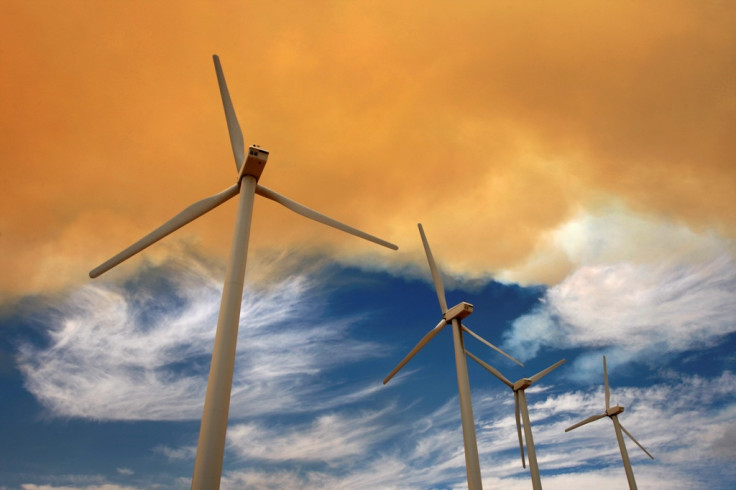World Powers Enter Talks Over Green Free Trade Agreement Worth $1tn

Some of the world's most powerful economies are edging closer to an agreement on the free trade of up to $1tn (£584bn, €730bn) of environmental goods.
Officials from Australia, Canada, China, Costa Rica, the EU, Hong Kong, Japan, Korea, New Zealand, Norway, Singapore, Switzerland, Taiwan and the US are meeting in Geneva on 8 July in the hope of reducing tariffs on goods such as solar panels, wastewater filter and wind turbines.
This week's negotiations will look to cut tariffs to 5% or less by the end of next year. Plans are afoot to meet again at a later date to discuss non-tariff trade barriers for environmental goods.
In total, 54 goods are on the agenda, with the framework agreement based on a similar deal agreed by the Asia-Pacific Economic Co-operation (APEC). The 11 countries announced their intentions to move forward with the plan at this year's World Economic Forum, in Davos in January.
The discussions stem from the Doha round of World Trade Organisation talks, which was finally concluded late last year. The so-called "green goods initiative" had initially been part of discussions but negotiators failed to come to an agreement at the time.
The AP reports that the green goods trade was worth $106bn (£62bn) to the US's export sector in 2013, having grown by 8% a year since 2009.
Also involved in discussions is the International Centre for Trade and Sustainable Development (ICTSD) that says: "Total global trade in environmental goods reached nearly $955tn (£558tn) in 2012, according to US data, with tariffs on some products as high as 35%.
Speaking of the initiative earlier this year, the EU's trade commissioner Karel De Gucht said: "I'm delighted to launch this 'green goods' initiative. The EU is firmly committed to promoting and liberalising trade in 'green goods and services'.
"All WTO members need better access to the goods and technologies that protect our environment and combat climate change. Today's commitment is an important trade contribution towards addressing key environmental challenges as part of our broader, ambitious sustainable growth agenda."
His US counterpart Michael Froman this week added: "By eliminating tariffs on the technologies we all need to protect our environment, we can make environmental goods cheaper and more accessible for everyone."
© Copyright IBTimes 2025. All rights reserved.






















